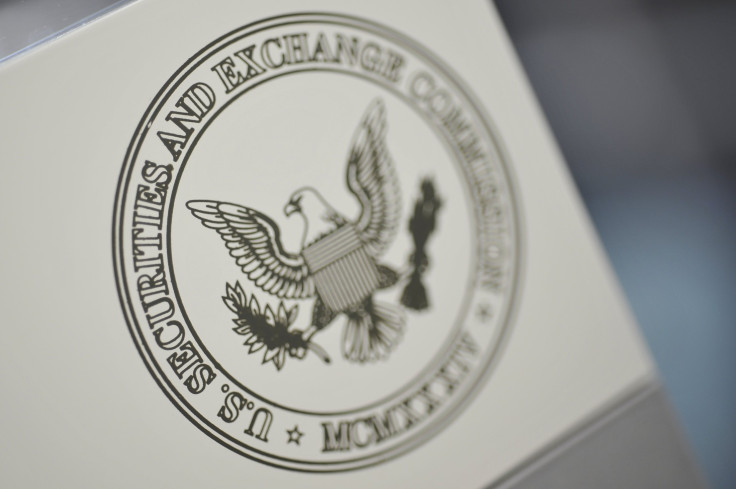Senate Banking Committee Approves Two Nominees To The SEC

The U.S. Senate Banking Committee on Thursday voted to approve nominees to fill the two vacant spots on the Securities and Exchange Commission, according to the highest-ranking Democrat on the committee.
The nominations of Democrat Lisa Fairfax and Republican Hester Peirce will now go to the full Senate for a vote.
The Republican-led Congress has been slow to fill empty seats at agencies and boards and many of the nominations made by outgoing President Barack Obama, a Democrat, have stalled. Ohio Sen. Sherrod Brown, the most senior Democrat on the Banking Committee, said the committee has yet to hold hearings for nominees to the Federal Reserve Board or the board for the Export-Import Bank.
“It is disgraceful that the Senate still hasn’t confirmed any of the 20 nominations that the banking committee has received since the start of last year,” said Brown in a statement. “These nominees are essential to promoting financial stability, protecting national security, and ensuring that American businesses of all sizes can compete on a level playing field with foreign competitors.”
Last month, the committee attempted to approve the two SEC nominees, but opposition from Democrats over corporate political disclosure threw the vote into disarray. The Democrats had pressed the nominees to support requiring corporations to disclose political donations.
The SEC has faced mounting pressure to require the disclosures since the Supreme Court struck down strict limits on campaign finance in its 2010 Citizens United decision, but budget legislation passed at the end of 2015 blocked the SEC from creating a rule on political spending.
Obama put the two names forward in October.
Peirce once worked on the staff of the Senate Banking Committee and then went on to become a senior research fellow and director of the financial markets working group at the Mercatus Center at George Mason University.
Fairfax, too, is an academic as a law professor at George Washington University, and has penned a primer on shareholder activism.
© Copyright Thomson Reuters {{Year}}. All rights reserved.





















